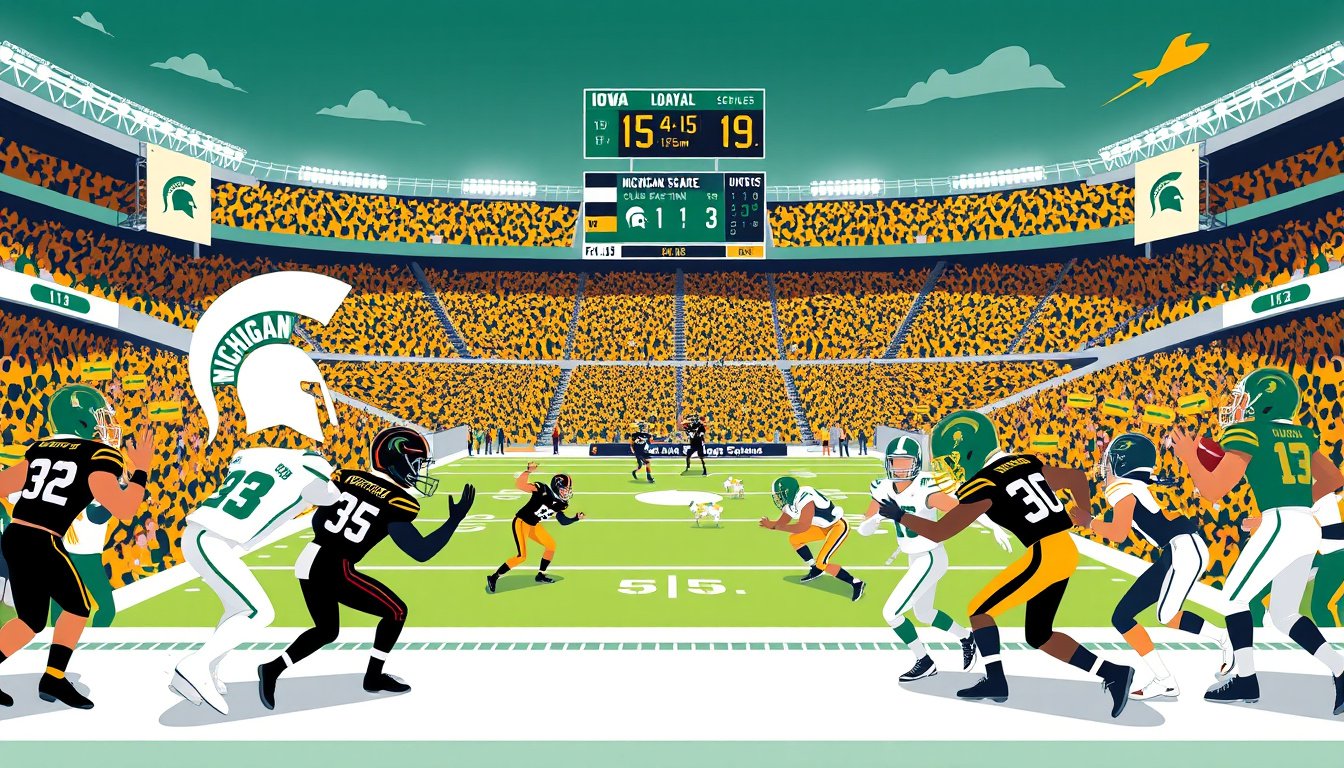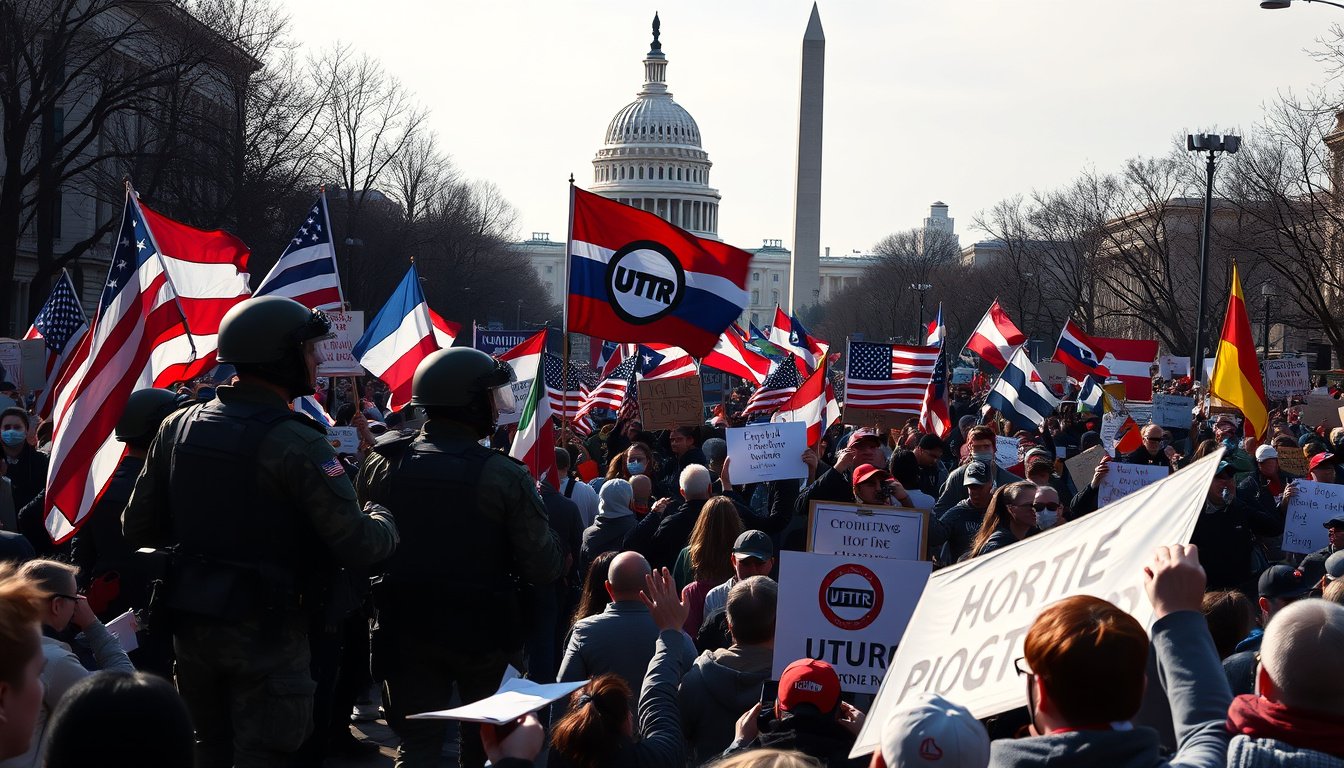As Wall Street grapples with fluctuations in stock prices and varying economic forecasts, one voice stands out amongst the chorus of optimism and pessimism—Peter Berezin, the chief strategist at BCA Research. Known as Wall Street’s foremost bear, Berezin’s predictions’ve gained notoriety for their accuracy, particularly in tumultuous times. In light of the recent economic climate, he presents a sobering outlook that warns investors about a potential recession and further declines in stock prices.
Recession Predictions Stemming from Economic Realities
While recent developments, including a thaw in U.S.-China trade relations, have fueled a sense of hope across markets, Berezin remains skeptical. His core assertion is that a recession is not only possible but likely. Despite tariffs reducing from panic levels, the effective U.S. tariff rate remains historically high, reminiscent of the 1930s. This reality, combined with a weakening economy that showed signs of trouble even before trade tensions escalated, puts a damper on what many traders see as a recovery rally.
For Berezin, the current stock valuations signal that the market is underestimating recession risks. With his S&P 500 price target set at 4,450—about a 25% reduction from current levels—Berezin emphasizes a cautious approach to equity investments. His belief is rooted in hard facts: the U.S. economy shrank by 0.3% in the first quarter of the year, painting a picture of vulnerability.
Labor Market Weakness and Consumer Spending Concerns
A critical factor underpinning Berezin’s bearish outlook is the ongoing weakness in the labor market, coupled with declining consumer spending. He highlights that existing tariff rates could substantially affect disposable income across low- and middle-income households, further straining economic stability. The projected downturn in consumer spending is significant as it represents about 70% of the U.S. economy, and would likely lead to a ripple effect impacting various sectors.
A Context of Ongoing Trade Tensions
No longer a mere background concern, the U.S.-China trade war continues to color Berezin’s predictions. While recent tariffs may have been relaxed, the underlying issues remain unresolved. It’s important to note that while some tariffs have diminished, high-profile retaliatory tariffs persist, sustaining an air of uncertainty in international trade dynamics. Berezin states that while the reduction in tariffs provides temporary relief, the fundamental challenges that led to these tensions have not vanished.
Forecasting the Future Amid Market Volatility
Even as other analysts embrace the recent market rally—especially the resurgence of leading tech stocks—Berezin does not disregard the potential for underlying instability. He has lowered his recession probability odds to 60%, down from a previous 75%, yet he cautions against complacency. Berezin also warns of a possible fiscal crisis that could lead Treasury yields above 6%, illustrating the precarious position of the economy if immediate corrective measures are not taken.
To further contextualize the cautious outlook, Wilbur Ross, a business figure closely associated with trade negotiations, estimates a 20% to 25% chance of recession, emphasizing that it has been many years since the last significant recession, and the economy may simply be due for a downturn.
Conclusion: A Call for Caution
As Wall Street navigates through a complex landscape of economic indicators and forecasts, Berezin’s insights encapsulate the need for vigilance. Investors, while tempted by moments of rallying stock prices, should heed the warning signs of economic fragility. As we continue to watch developments unfold in trade negotiations and domestic economic performance, understanding the perspectives of market bears like Berezin may prove crucial for those looking to weather potential storms ahead.
With the specter of recession looming and stock prices at precarious heights, a prudent approach—grounded in realistic assessments of the economy—may very well be the best strategy moving forward.










